Bridging the Communication Gap: Why Your Message Isn't Landing (And How to Fix It)
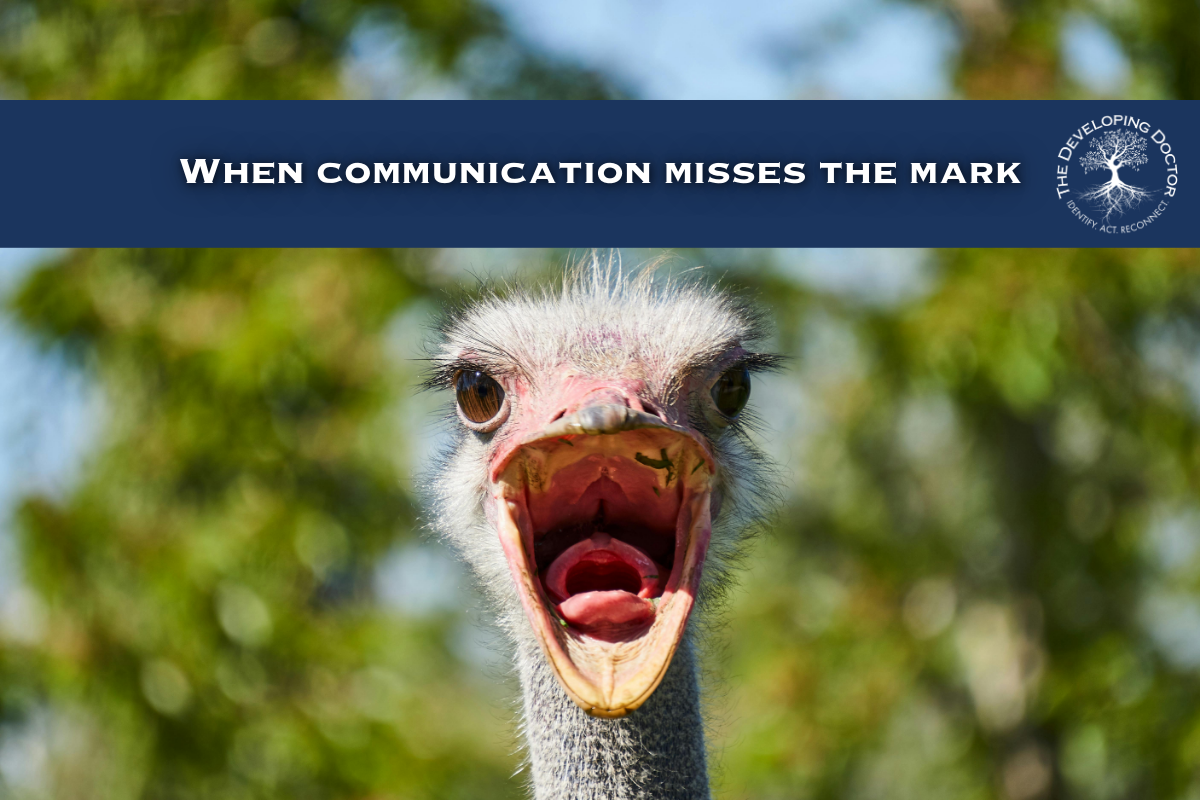
Are We Even Hearing Each Other Anymore?
If it feels like we’re all talking past each other lately, you’re not imagining it.
We live in a polarized time, and communication feels next to impossible.
In healthcare, the challenge is amplified: high stakes, constant interruptions, and everyone operating at maximum capacity with little margin for listening or giving grace.
We were trained to talk to patients—but not always to each other.
The Uncomfortable Truth
It’s often less about what you say and more about how you say it.
And more importantly, how that delivery is received by the person on the other end.
But what if you had a simple map?
A way to understand not just what to say, but how to say it so that your colleagues, nurses, administrators, even your family, actually hear you?
Enter the DISC Model
The DISC model is a simple, practical way to understand and adapt communication styles so your message lands the way you intend.
Whether in a clinic hallway, a tense consult, or even talking politics at the dinner table, the ability to read the room and tailor your delivery is an unfair advantage.
It’s not about changing who you are.
It’s about building the skill of flexibility.
Because connection is key to a fulfilling life, and it’s impossible to connect with each other if we can’t communicate.
The single biggest problem in communication is the illusion that it has taken place.
– George Bernard Shaw
Coach's Corner: Your Communication Detective
This week, I want you to try a simple exercise:
Pick one colleague you interact with regularly, maybe someone you’ve had challenging conversations with in the past.
During your next few interactions, observe:
- Do they prefer detailed explanations or bottom-line summaries?
- Are they more task-focused or relationship-focused?
- Do they make decisions quickly or need time to process?
- How do they respond to direct feedback vs. gentle suggestions?
After each interaction, jot down what you noticed. Then ask yourself:
“How might I adjust my communication style to better match theirs?”
This isn’t about changing who you are. It’s about becoming fluent in multiple “communication languages” so your most important messages actually land.
Why This Matters
Communication challenges in healthcare don’t have to be inevitable.
When you learn to adapt your style to meet others where they are:
- Difficult conversations become easier
- Team dynamics improve
- Professional relationships become a source of energy rather than a drain
Ready to Build These Skills?
If you’re ready to develop these crucial soft skills and create the fulfilling medical career you deserve, I’d love to help.
The physicians I work with consistently tell me that improving their communication has been transformational, not just professionally, but personally too.
Your future self will thank you for taking this step
To connection and communication,
Ben
|

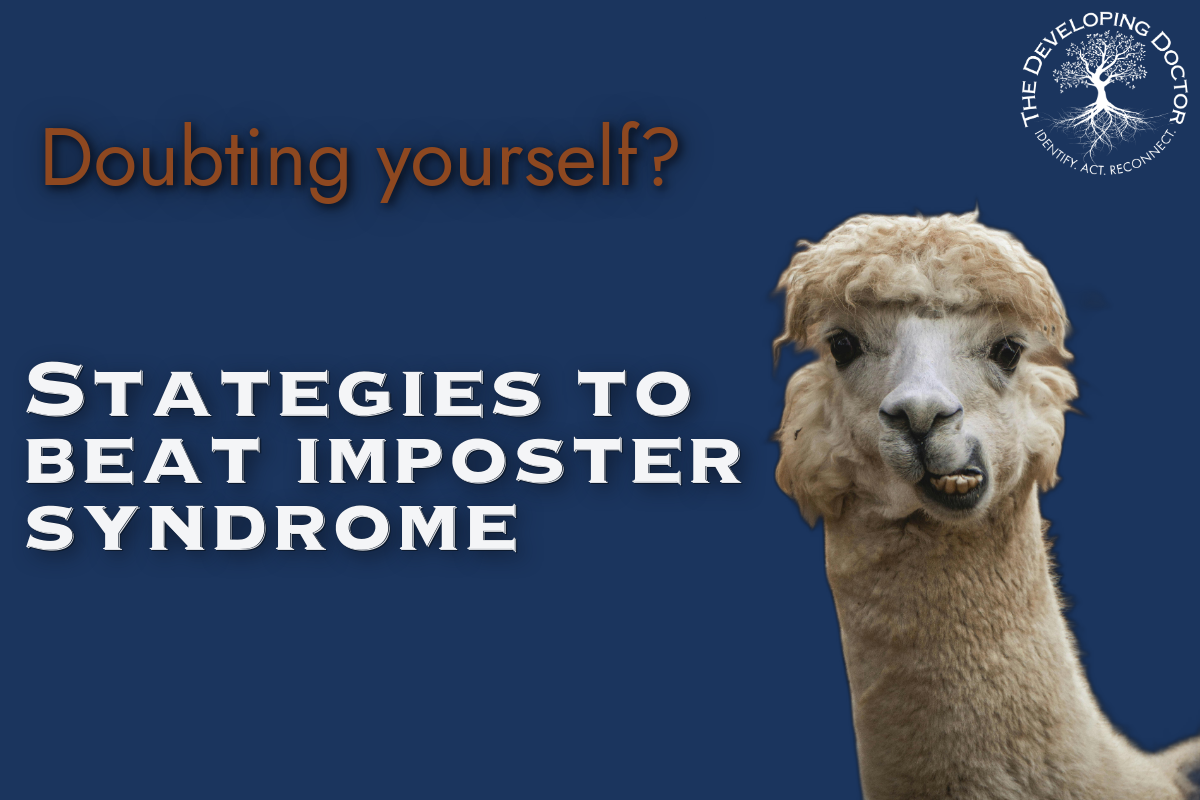
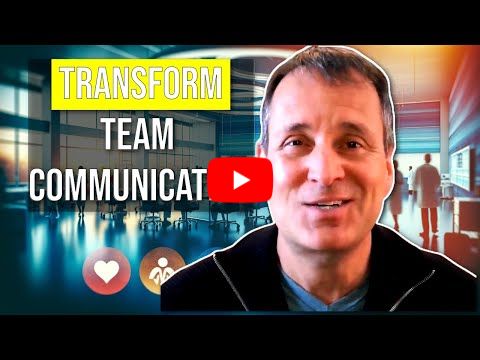
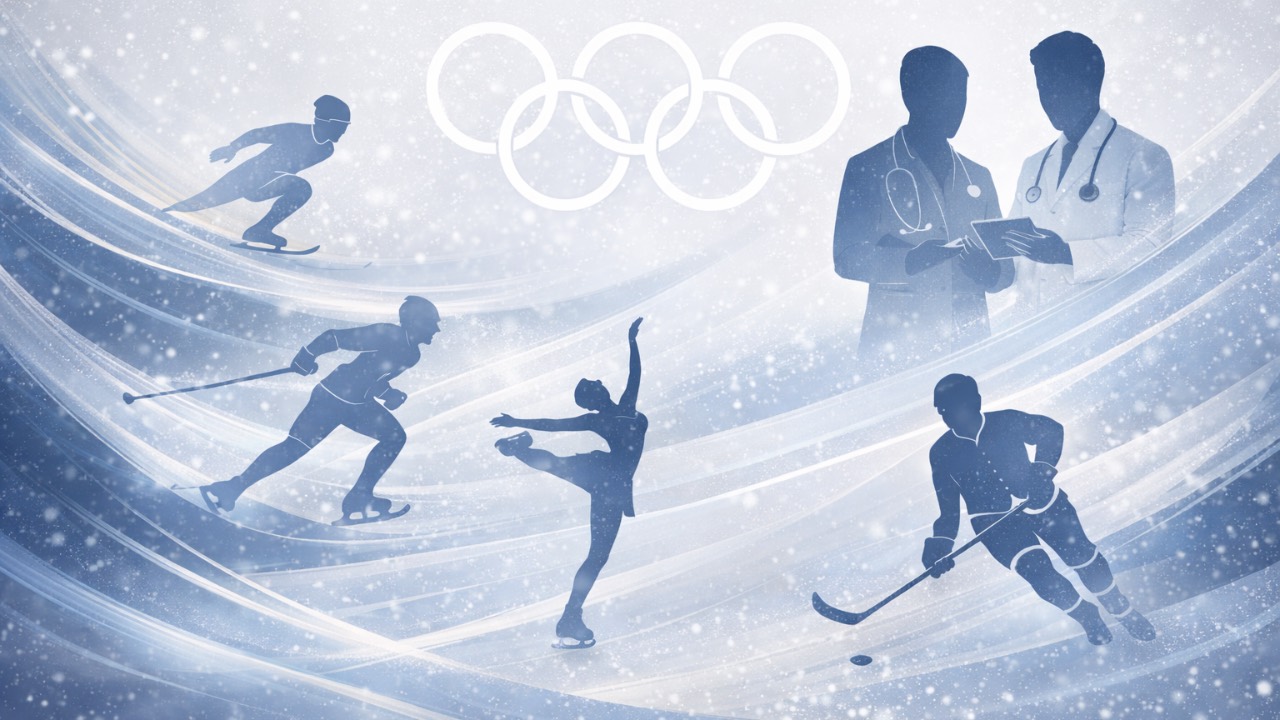
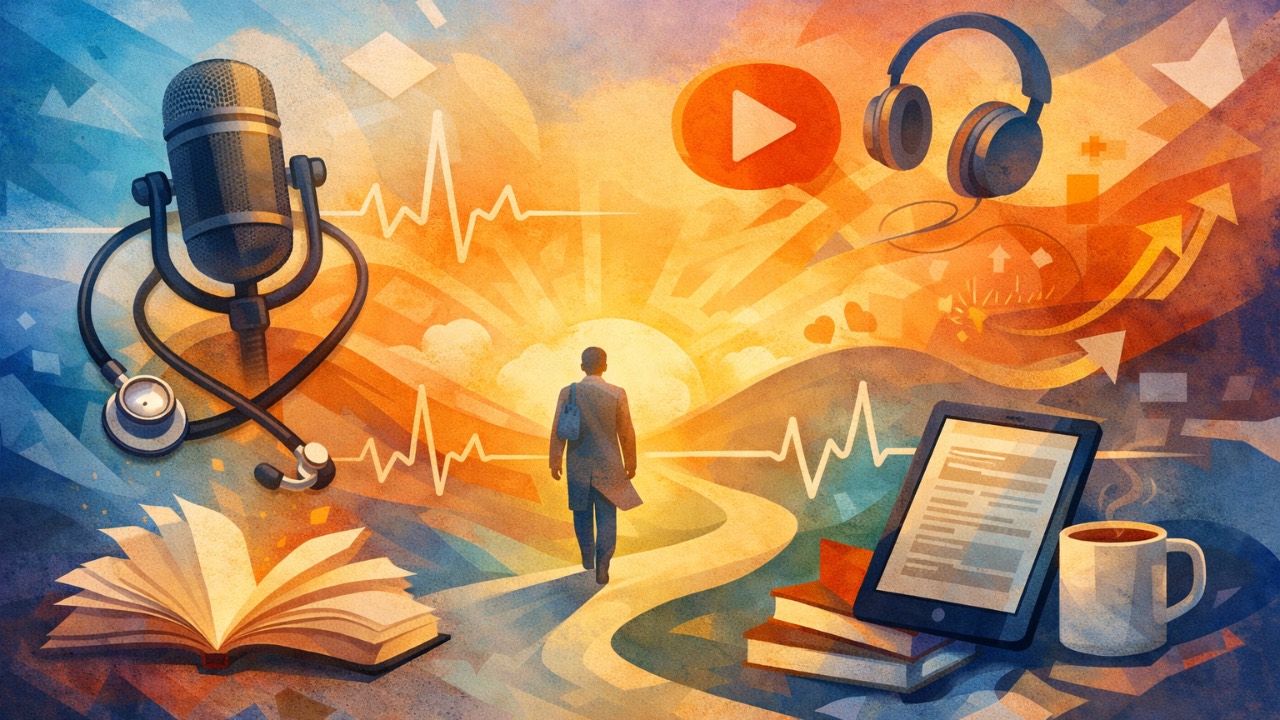



Responses